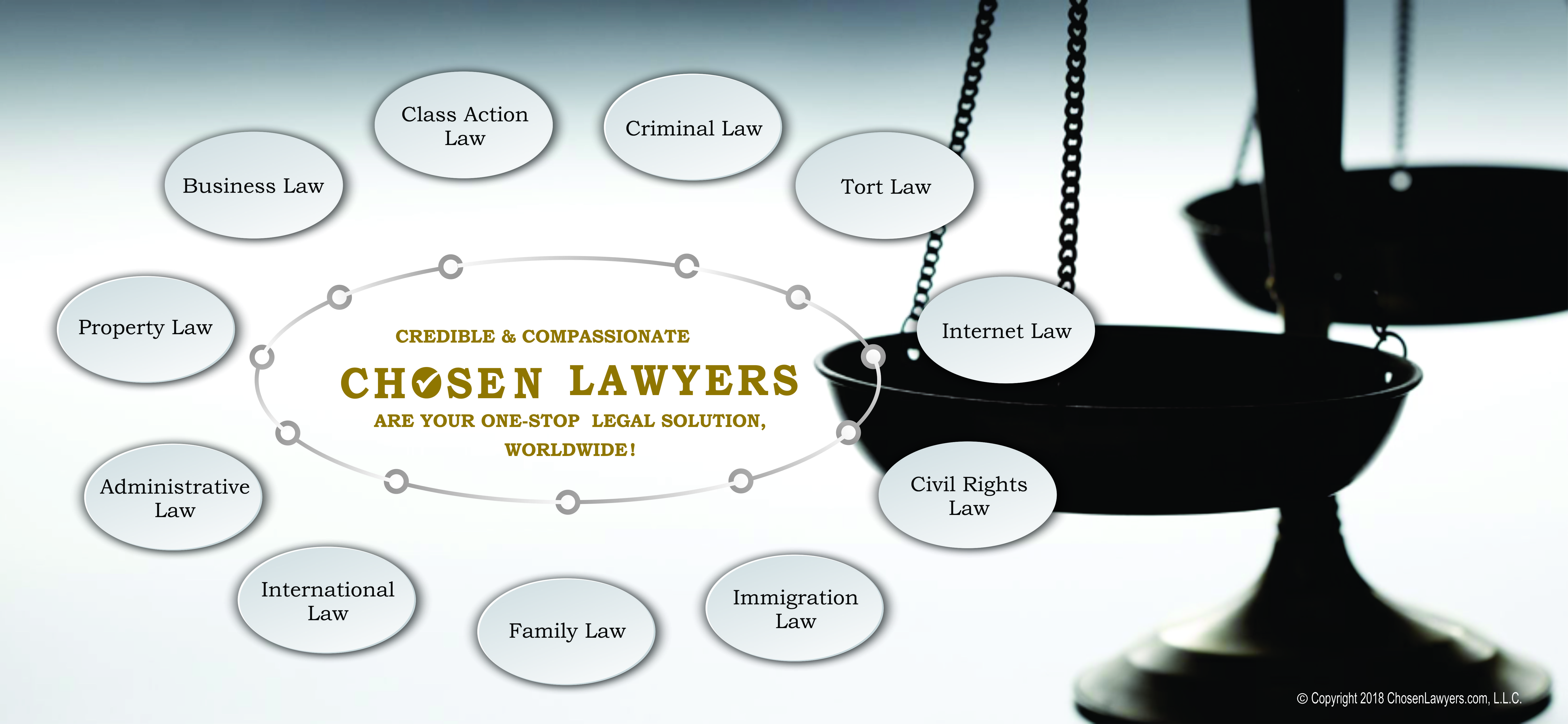

A Will is a testamentary instrument, which enables a person (Testator) to dispose his/her estate to beneficiaries, legatees, and devisees, upon death. Every jurisdiction has statutes that set forth the requirements; some mandate strict compliance with the formalities in order to execute a valid Will: Some jurisdictions allow hand written wills (Holographic Will) and Oral Wills (Nuncupative Will) to also be probated. Living will is a legal document that enables a person to make known his or her wishes regarding life prolonging medical treatments. It can also be referred to as an advance directive, health care directive, or a physician's directive. A living will should not be confused with a living trust, which is a mechanism for holding and distributing a person's assets to avoid probate. A trust is an arrangement under which one person, called a trustee, holds legal title to property for another person, called a beneficiary. You can be the trustee of your own living trust, keeping full control over all property held in trust. There are numerous types of trusts such as: Revocable Trusts, Living Trust (Inter Vivos Trust), Testamentary Trust, Irrevocable Trust, and Charitable Trusts. Asset Protection Planning is designed to protect your assets from any future potential lawsuits or judgments. It is more of a forward thinking process, which professional and experienced lawyers rearrange the ownership of the assets so that they are beyond the reach of potential creditors. Common methods of protecting personal assets from certain risks include creating corporations, limited partnerships, limited liability companies, and limited liability partnerships, etc. For a FREE consultation, contact Chosen Lawyers and do it right!

